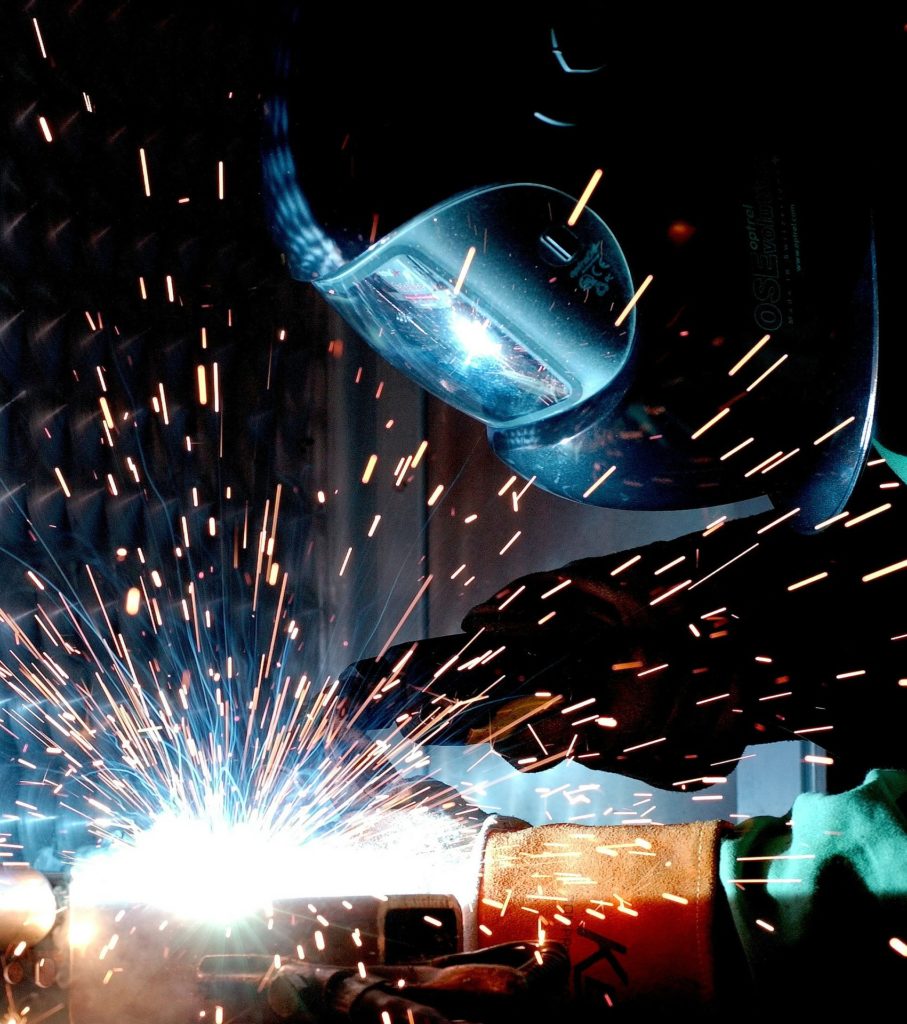China automakers Chery and Great Wall were recently forced to recall 23,000 autos exported to Australia due to components that contained asbestos. Asbestos is banned in Australia and 55 other countries and the hazardous nature of the product mandated the cars be recalled back to China since remediation in Australia was not possible. I assume all involved suffered substantial losses and China’s move into the Australian auto market has been permanently damaged.
Chery and Great Wall have been pushing to export their cars overseas. Their efforts have been limited mostly to emerging market countries. Their entry into Australia was intended as their first move into a developed country market. After Australia, their plan was to move into North America and Europe. This recall bodes ill for any plans to enter the highly competitive North American/EU markets.
How can this monumental blunder be explained? In a recent WSJ article, China auto industry expert, Michael Dunne, attributes the catastrophe to “quality fade.” Quality fade occurs when initial production meets all applicable standards, but later productions are defective. The defects are in hidden components not easily discovered by surface inspections. Over time, the problem gets worse, hence the description “fade”.
The Chinese cars fit this description perfectly. The cars looked fine; the defects were hidden in the brake linings and gaskets. Why the Chinese companies would destroy their entry into Australia merely to save small change on these cheap components is a mystery. However, they did exactly this and foreign buyers of Chinese products should consider this an important lesson. If a Chinese company will do this to its own product and brand, you need to be wary of what will it will do to your products. The truth is that most Chinese manufacturers will do just about anything to save a few pennies.
Foreign companies are heavy buyers of manufactured goods from China. As these goods become more complex, the risk of hidden defects increases. The China auto fiasco provides a number of lessons:
- You must never relent in monitoring quality. Most foreign companies with whom we work assume Chinese manufacturers will improve over time. The whole premise of quality fade is that exactly the opposite is true. The first few deliveries are likely to be the best deliveries. Without active intervention, foreign product buyers should expect each subsequent delivery to be worse than the previous. Active intervention is costly and mentally exhausting and many foreign buyers eventually tire of the process. However, such active involvement is the price for purchasing from Chinese manufacturers, and product buyers that do not want to incur this cost should avoid China.
- Do not take current success as an indicator of continued good performance. Chinese companies will perform well for several years, causing the foreign buyer to drop its guard. After the guard is down, a sudden drop in quality will occur, causing extreme damage. The message is the same: a foreign buyer can never relax its vigilance on quality. The fact that a manufacturer has not had a problem for many years means little in predicting future quality.
- Do not expect a desire for a good commercial reputation to control the behavior of Chinese companies. Most Chinese manufacturers in the OEM world are privately owned and they operate with thin margins and struggle to survive. Few are concerned about the long term; they are concerned with day-to-day survival. Most state owned enterprises are similarly weak financially. For those that are not, reputation also means nothing. The stronger state owned enterprises are protected by the state. A bad reputation with foreign entities is not important to their long-term survival
- Do not assume you know where problems will occur. Take the auto issue. Most buyers would assume problems would appear in major systems like the engine or differential or steering. Instead, the problem appeared in break liners and gaskets, cheap components that would not normally raise attention. This is common for China. The Chinese manufacturer will make the primary and expensive component just fine and then ruin it with non-standard and defective accessories, figuring that you will never notice.
The following are some contractual solutions to China QC problems:
1. Your purchases from China must be made under a well-drafted manufacturing contract enforceable in China. Purchases made under informal purchase orders do not work for China. For more on China OEM Agreements, check out the following:
2. Your contract with your Chinese manufacturers must provide for a mechanism that allows you to exercise constant control over the quality of the Chinese product. Liability for defects must be made clear and it must fall hard on the Chinese side. If possible, no defective product should ever be permitted to leave the Chinese factory. If defective product is discovered outside China, the Chinese side must be liable for dealing with the problem. China’s standard procedure for dealing with defects through a discount on future purchases must not be used.
3. The foreign buyer must actually follow through and constantly monitor the quality of its product. The best contract with the best procedures is no good if the foreign side does not follow through by rigorously implementing the procedures in it. Parties that do not follow through are almost guaranteed to experience QC problems in China. These problems are an irritant to the Chinese side but can be fatal to the foreign side. For this reason, the only side with an incentive to follow through is the foreign side.
Our clients often ask us whether China product quality is getting any better. My standard answer is no and yes. No, Chinese manufacturers are not doing a better job on their own at maintaining quality. In fact, if left on their own, much evidence suggests they are doing worse. But yes, the legal system and quality control systems have progressed to the point where aware and active foreign companies can force Chinese manufacturers to operate acceptably.
Chinese companies have to be forced to do it; they will not do it on their own. The Chery/Great Wall fiasco illustrates this final point.

























